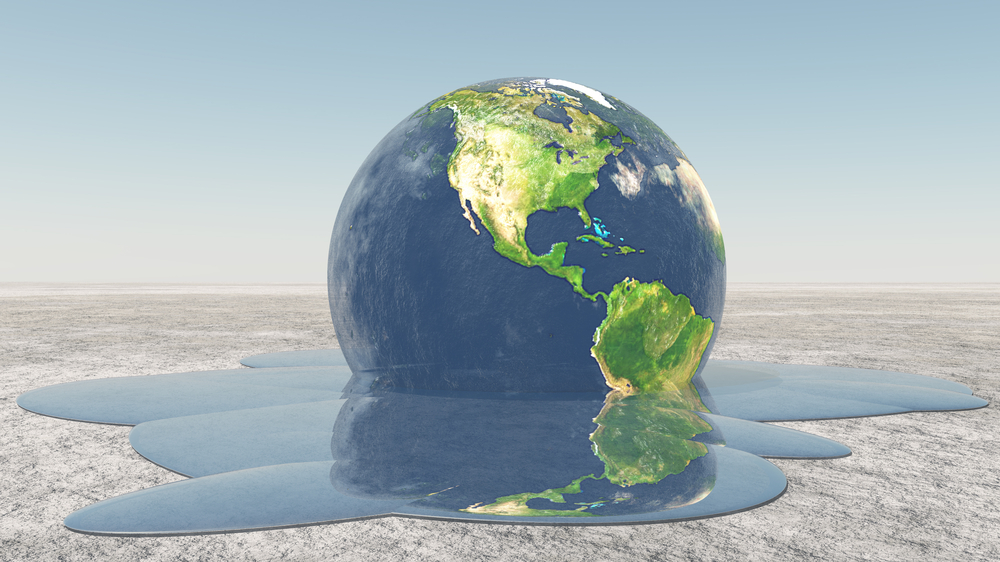
An international research project has found human activity has been causing global warming for almost two centuries, proving human-induced climate change is not just a 20th century phenomenon.
Lead researcher Associate Professor Nerilie Abram from The Australian National University (ANU) said the study found warming began during the early stages of the Industrial Revolution and is first detectable in the Arctic and tropical oceans around the 1830s, much earlier than scientists had expected.
“It was an extraordinary finding,” said Associate Professor Abram, from the ANU Research School of Earth Sciences and ARC Centre of Excellence for Climate System Science.
“It was one of those moments where science really surprised us. But the results were clear. The climate warming we are witnessing today started about 180 years ago.”
The new findings have important implications for assessing the extent that humans have caused the climate to move away from its pre-industrial state, and will help scientists understand the future impact of greenhouse gas emissions on the climate.
“In the tropical oceans and the Arctic in particular, 180 years of warming has already caused the average climate to emerge above the range of variability that was normal in the centuries prior to the Industrial Revolution,” Associate Professor Abram said.
The research, published in Nature, involved 25 scientists from across Australia, the United States, Europe and Asia, working together as part of the international Past Global Changes 2000 year (PAGES 2K) Consortium.
Associate Professor Abram said anthropogenic climate change was generally talked about as a 20th century phenomenon because direct measurements of climate are rare before the 1900s.
However, the team studied detailed reconstructions of climate spanning the past 500 years to identify when the current sustained warming trend really began.
Scientists examined natural records of climate variations across the world’s oceans and continents. These included climate histories preserved in corals, cave decorations, tree rings and ice cores.
The research team also analysed thousands of years of climate model simulations, including experiments used for the latest report by the UN’s Intergovernmental Panel on Climate Change (IPCC), to determine what caused the early warming.
The data and simulations pinpointed the early onset of warming to around the 1830s, and found the early warming was attributed to rising greenhouse gas levels.
Co-researcher Dr Helen McGregor, from the University of Wollongong’s School of Earth and Environmental Sciences, said humans only caused small increases in the level of greenhouse gases in the atmosphere during the 1800s.
“But the early onset of warming detected in this study indicates the Earth’s climate did respond in a rapid and measureable way to even the small increase in carbon emissions during the start of the Industrial Age,” Dr McGregor said.
The researchers also studied major volcanic eruptions in the early 1800s and found they were only a minor factor in the early onset of climate warming.
Associate Professor Abram said the earliest signs of greenhouse-induced warming developed during the 1830s in the Arctic and in tropical oceans, followed soon after by Europe, Asia and North America.
However, climate warming appears to have been delayed in the Antarctic, possibly due to the way ocean circulation is pushing warming waters to the North and away from the frozen continent.




